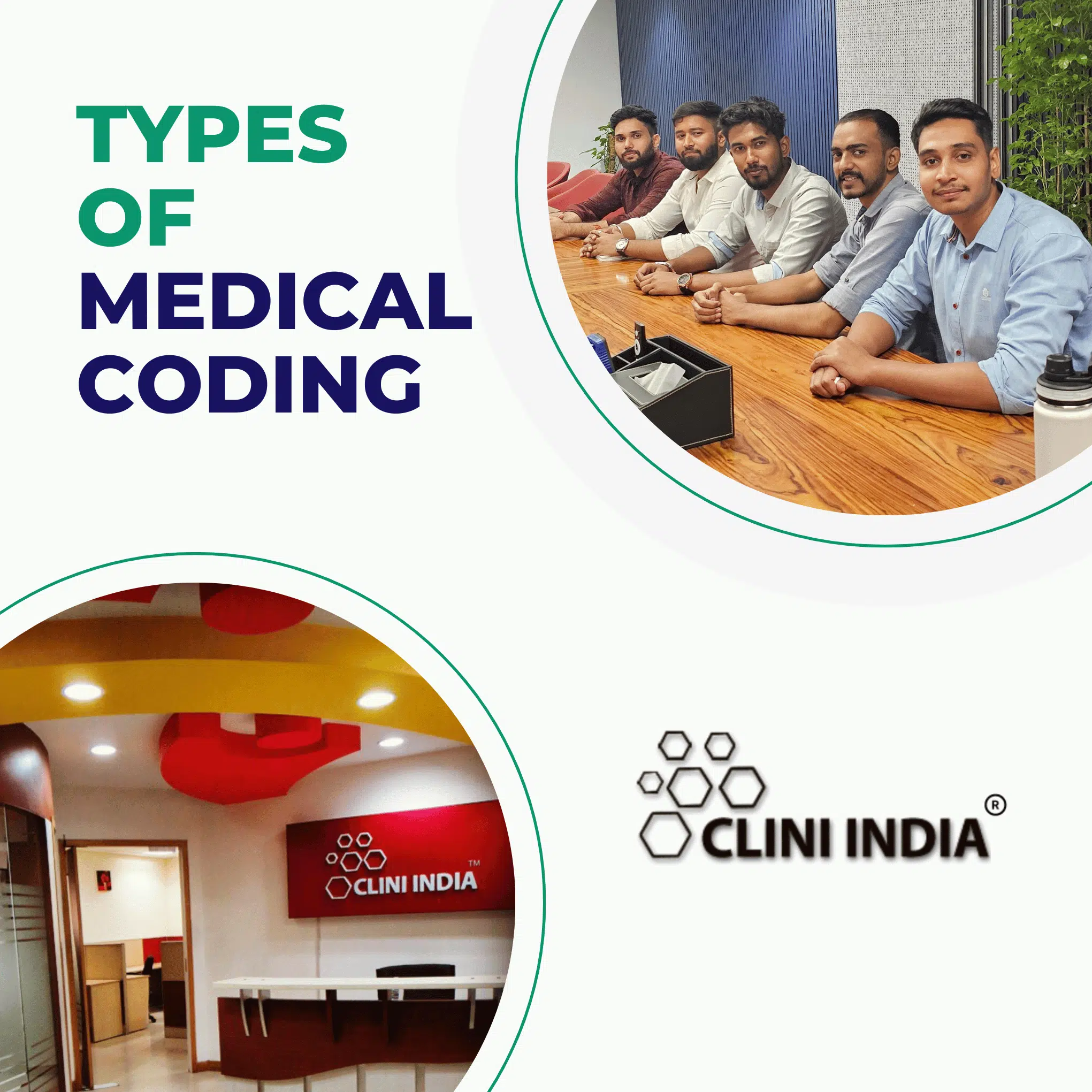
Here are some important terms commonly used in medical coding:
1. ICD (International Classification of Diseases)
- A globally recognized system for coding diseases and conditions. It helps standardize diagnostic and procedural information across healthcare settings.
2. CPT (Current Procedural Terminology)
- A set of codes used to describe medical, surgical, and diagnostic services performed by healthcare providers.
3. HCPCS (Healthcare Common Procedure Coding System)
- A standardized coding system used to describe services, procedures, and equipment provided to patients, especially for billing Medicare and Medicaid.
4. Modifier
- A code that provides additional information about a procedure or service without altering its definition, such as whether the service was altered or performed under unusual circumstances.
5. DRG (Diagnosis-Related Group)
- A system that classifies hospital cases into categories for payment purposes. It is used to determine how much Medicare will reimburse hospitals.
6. E/M Coding (Evaluation and Management)
- Codes used to bill for physician-patient encounters that involve evaluating and managing patient health.
7. RVU (Relative Value Unit)
- A measure used in the U.S. Medicare program to determine the value of a particular physician service.
8. Upcoding
- A fraudulent practice of coding a more expensive service or procedure than was actually performed to increase reimbursement.
9. Downcoding
- Occurs when a payer reduces the code submitted to a less expensive one, possibly affecting reimbursement.
10. NCD (National Coverage Determination)
- A decision made by Medicare about whether or not they will cover a particular medical service or treatment.
11. LCD (Local Coverage Determination)
- A decision by a local Medicare Administrative Contractor (MAC) about whether to cover a specific service within their jurisdiction.
12. Superbill
- An itemized form that lists procedures and services provided to a patient, used for billing purposes.
13. Medical Necessity
- A healthcare service or product that is necessary and reasonable for the diagnosis or treatment of illness or injury, as determined by accepted clinical standards.
14. Coding Compliance
- Adhering to coding rules and guidelines to avoid errors, fraud, and potential legal issues in medical billing.
15. CMS (Centers for Medicare & Medicaid Services)
- A federal agency that administers the nation’s major healthcare programs, including Medicare, Medicaid, and CHIP.
16. Claims Denial
- When an insurance company refuses to honor a request to pay for healthcare services due to coding errors, lack of coverage, or other reasons.
17. Bundling
- The practice of combining several services or procedures into a single payment category, often leading to lower reimbursement for providers.
18. Unbundling
- Incorrectly coding multiple related procedures as if they were separate, usually to increase reimbursement.
19. Clearinghouse
- An intermediary that processes healthcare claims between providers and insurance payers, ensuring correct formatting and coding.
20. Encounter Form
- A document used by healthcare providers to capture the services rendered during a patient visit, typically converted into medical codes for billing.

























































